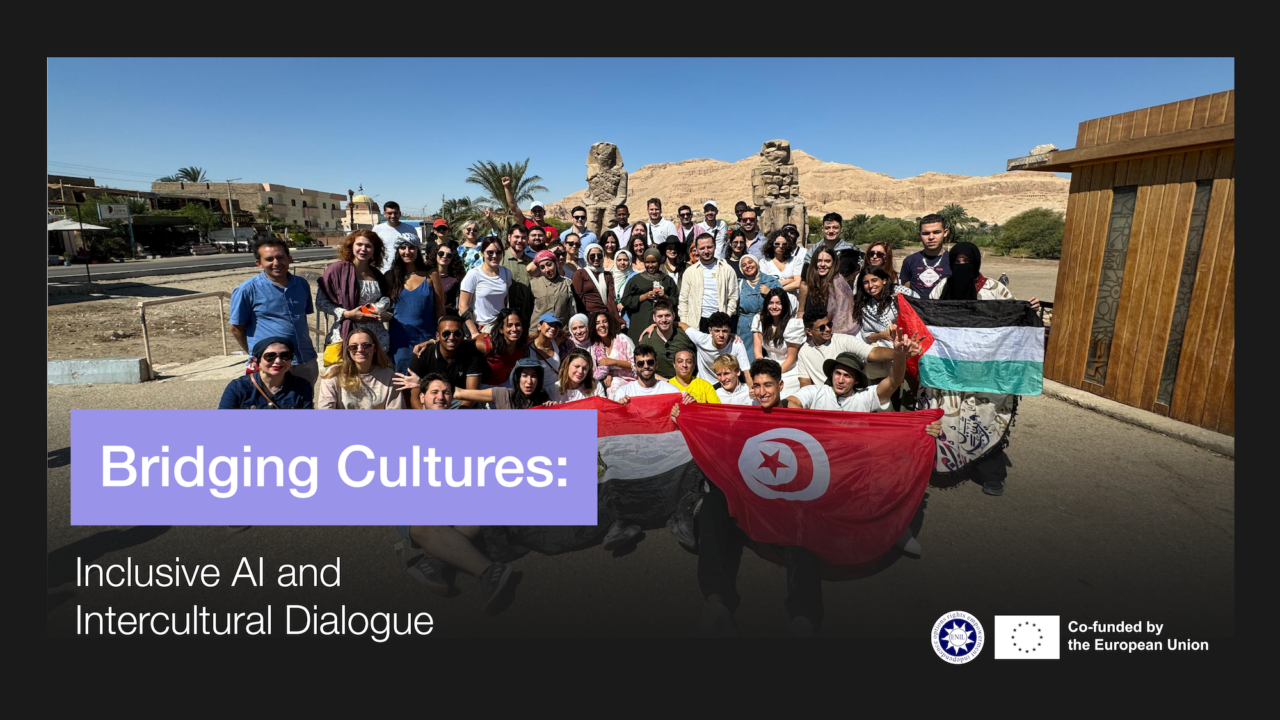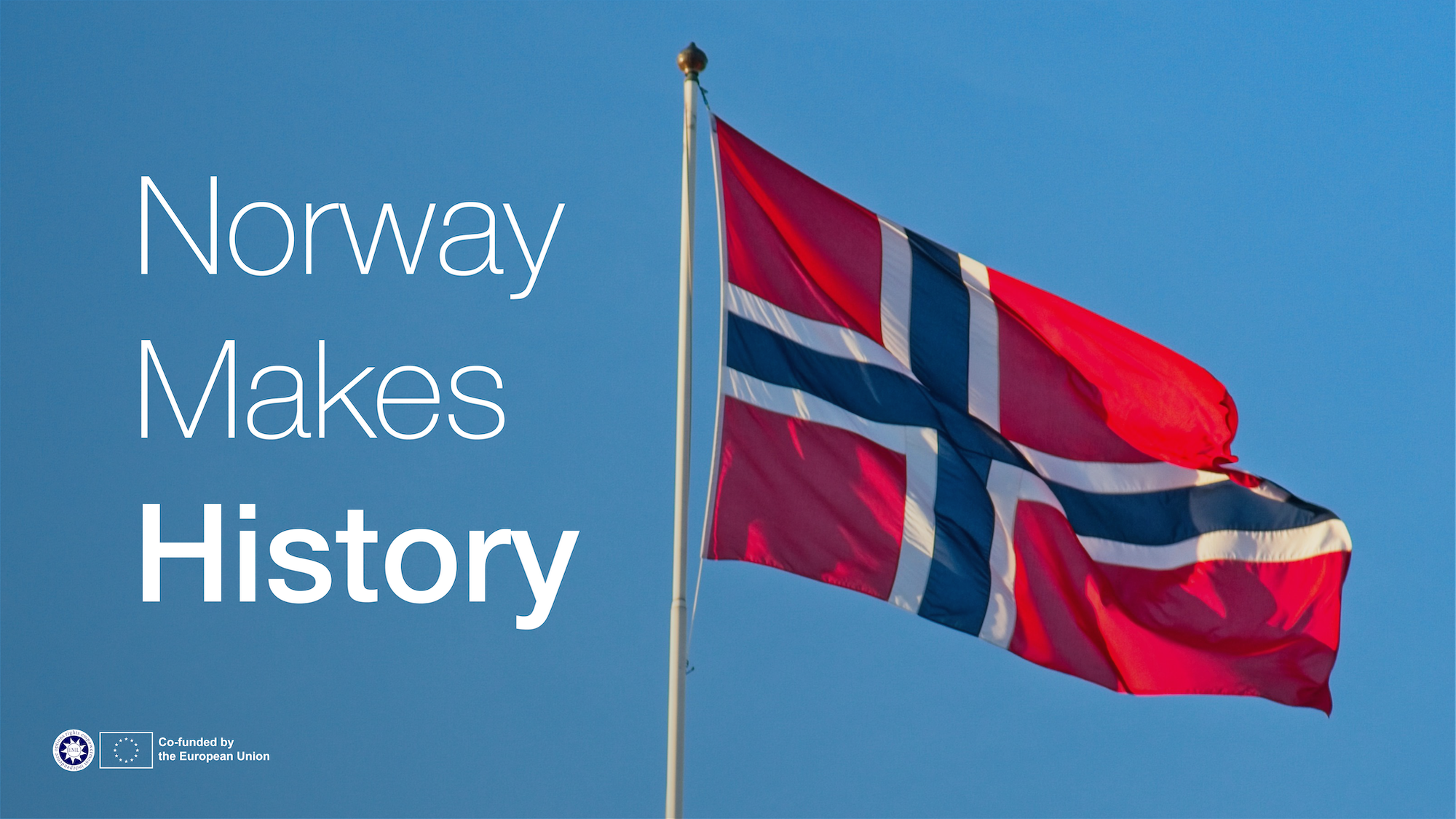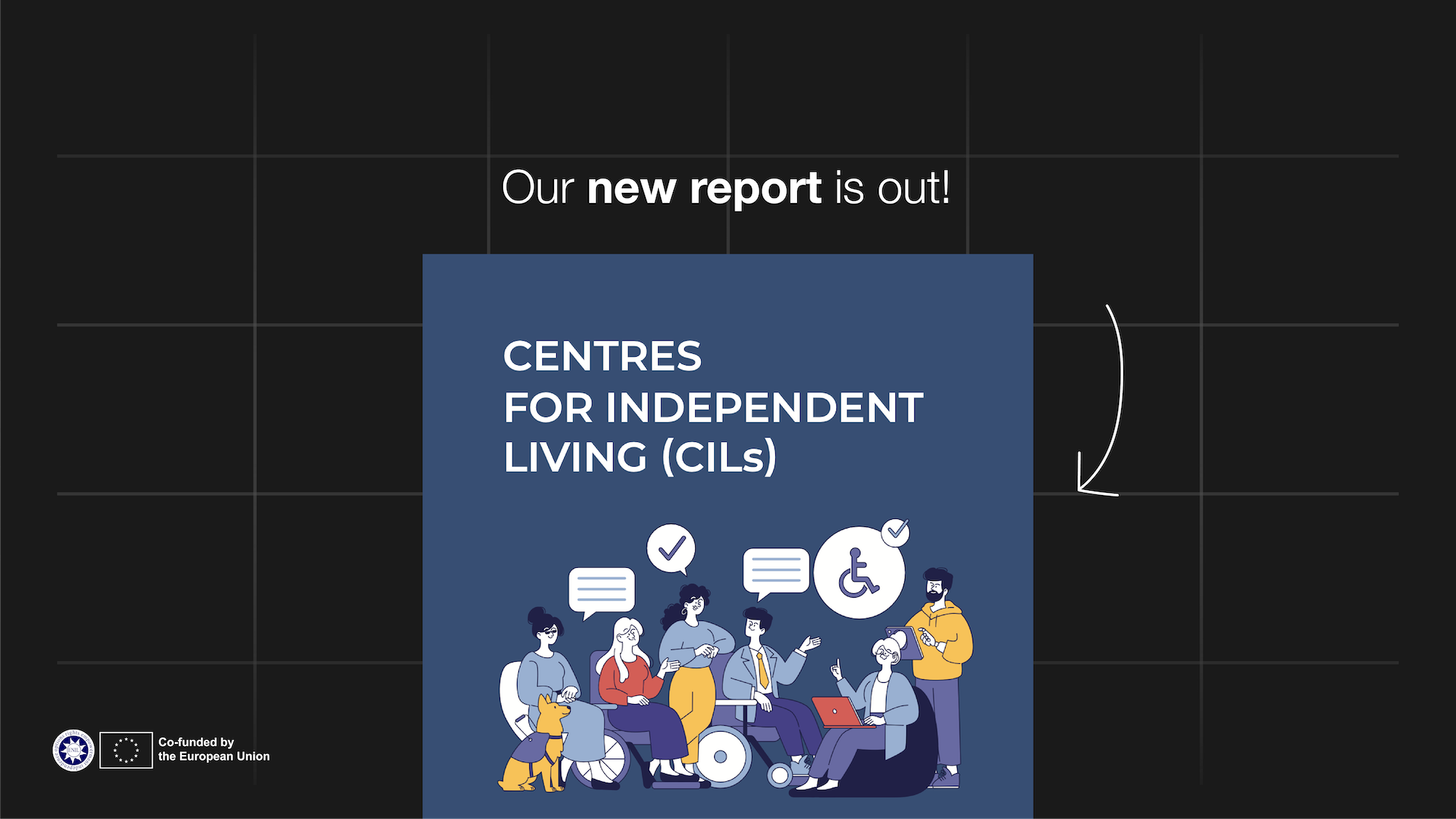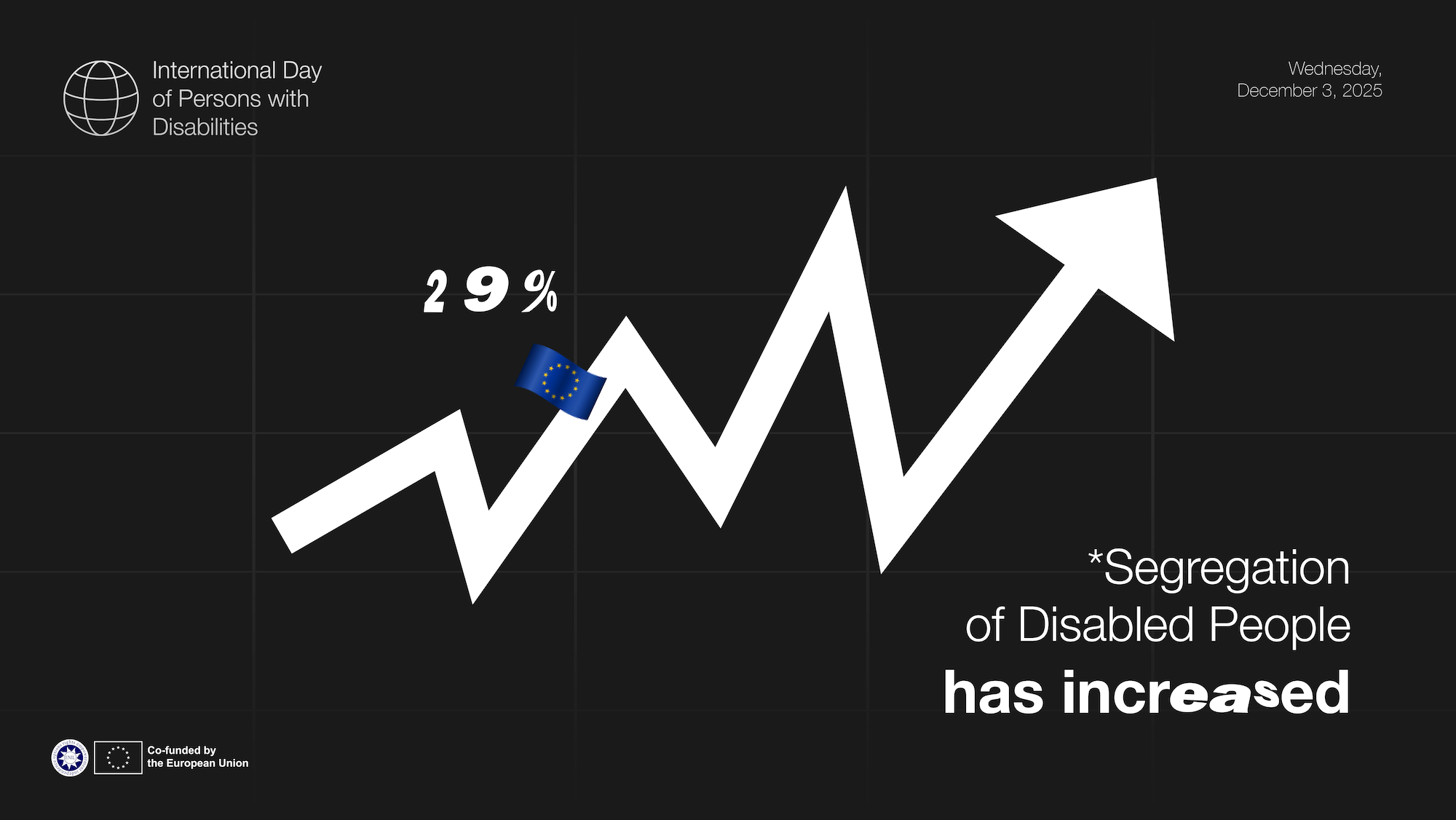The third week of October I had the privilege of attending the 8th Arab-European Youth Forum. The event, jointly organised by the Council of Europe Youth Department, League of Arab States and Egypt’s Ministry of Youth and Sport, took place at Luxor’s International Youth City in Egypt, had the theme “Youth and Intercultural Dialogue in the Age of Artificial Intelligence.”
One of the core goals of the forum was to revitalize youth cooperation between Arab and European regions, especially in addressing the complex social and political challenges we face today. This cooperation is likely more important now than it has ever been in recent history, so its continuation after being interrupted for nearly five years due to COVID is a pivotal step. With around 80 participants, educators and volunteers involved, it promised to leave a significant impact from the start.
The blend of emerging questions surrounding AI, core Human Rights issues and lessons from ancient times intertwined in this event, occasionally at odds, while at the same time emphasizing the universality of human societies through Egypt’s rich history.
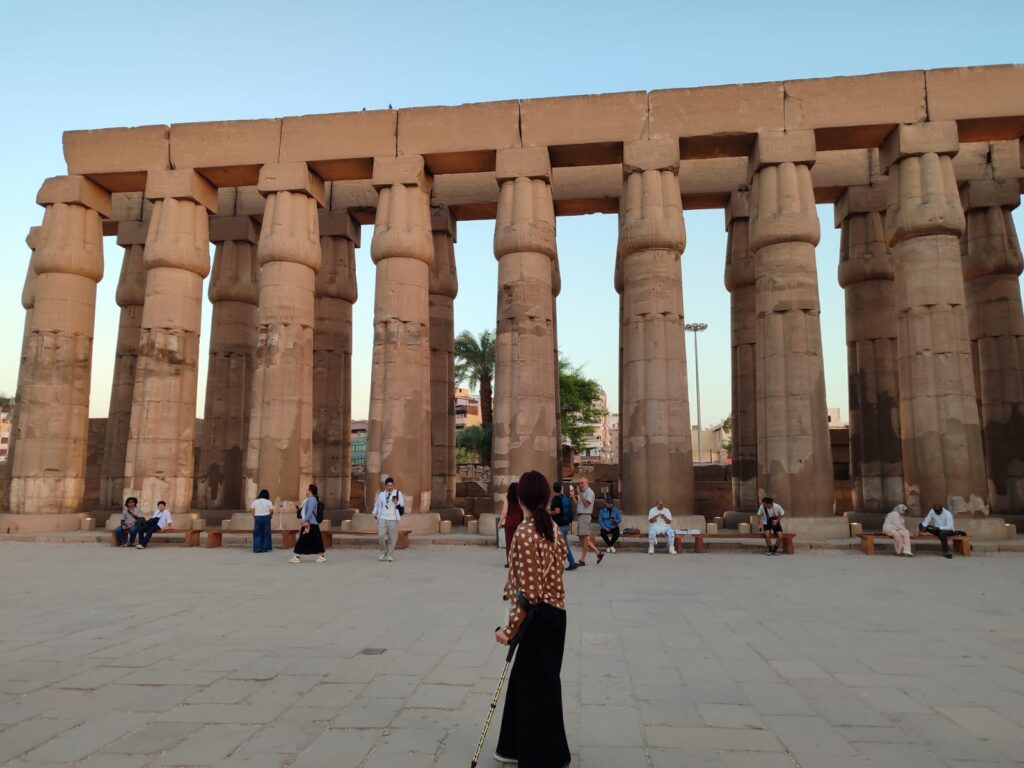
It is truly a unique and humbling experience to discuss intercultural learning in the city of Luxor, the home of the ancient Egyptian civilisation and some of the most incredible historic locations of the world. Luxor’s archaeological treasures, including the Karnak Temple and the Valley of the Kings left me breathless, but so did the unparalleled hospitality and helpfulness of its people. Somehow it all blends into a tapestry of small moments and thoughts, both in and out of the learning spaces, that I almost did not know how to connect, yet the organising team did so seamlessly, leading us from sessions to cultural visits, perfectly interconnected.
The program combined plenary sessions, thematic workshops, and cultural activities.
The workshops in it spanned across many topics, and they were firmly woven into an immersive cultural programme. Our discussions unfolded in a historic setting that mirrored the significance of our conversations, creating an unique space to delve deep into questions of societal transformation, unity, and the shared future of the two regions.
The first workshop of the event, called “Lessons for Today from Ancient Civilizations,” bridged past and present by emphasizing how lasting values can guide intercultural cooperation today.
This workshop, with its unique perspective, was followed by thematic workshops on environment protection and climate crisis, youth participation, mutual perceptions and stereotypes, then those centred around combating misinformation and media literacy, AI and the job market, and empowering education with AI.

All of it was leading us to our most important achievement: The creation and presentation of The Luxor Declaration.
This document is the representation of our united voices, call to action and a guide for future Euro-Arab cooperation, laying out commitments to advancing equality, intercultural dialogue, promoting peace, and fostering ethical use of AI.
The Luxor Declaration key priorities are:
- Environmental protection and climate crisis
- Youth participation
- Mutual perceptions and stereotypes
- Combating misinformation and media literacy
- AI and the job market, preparing for the future
- Empowering education with AI
The declaration emphasises the need for AI transparency, privacy protections, and a stronger regulatory framework to safeguard individual rights in digital spaces. It insists on accessible and comprehensive tools for digital literacy as it is a fundamental skill that empowers young people to discern information, navigate digital platforms, education and other aspects of life responsibly, equipped to counter misinformation and biases.
From the context of Independent Living and disability rights, these topics gain an additional layer of importance. I am proud to say that equal opportunities were at the forefront of many inputs, that many of the challenges faced by disabled youth were reflected upon and that I was able to contribute to segments of the Declaration, primarily on education. This ensured that accessibility was taken into consideration. My hope is now that the Luxor Declaration has been endorsed by both the Council of Europe and the League of Arab states, as well as presented to the Joint Council on Youth at the most recent meeting in Strasbourg, further steps can be taken to implement its priorities.

The 8th Arab-European Youth Forum in Luxor was more than just a forum. It was a starting point for sustained action. It empowered young people to view AI not as a distant, abstract concept but as a tool that can be shaped to either harm or help, depending on the values that guide its development. In an age where AI and digital innovation dominate much of public discourse, this event puts a spotlight on the need for a youth-led approach that puts inclusion, responsibility, and justice at the forefront.
Finally, this was a reminder to all of us, of the impact young people can have when united by shared values and collaborative frameworks. The connections made and commitments formed at this forum will no doubt echo far beyond Luxor. I hope our follow-up actions in the months and years to come are as solid as the foundations of the civilisation we imagined them upon.
Written by: Nina Portolan
